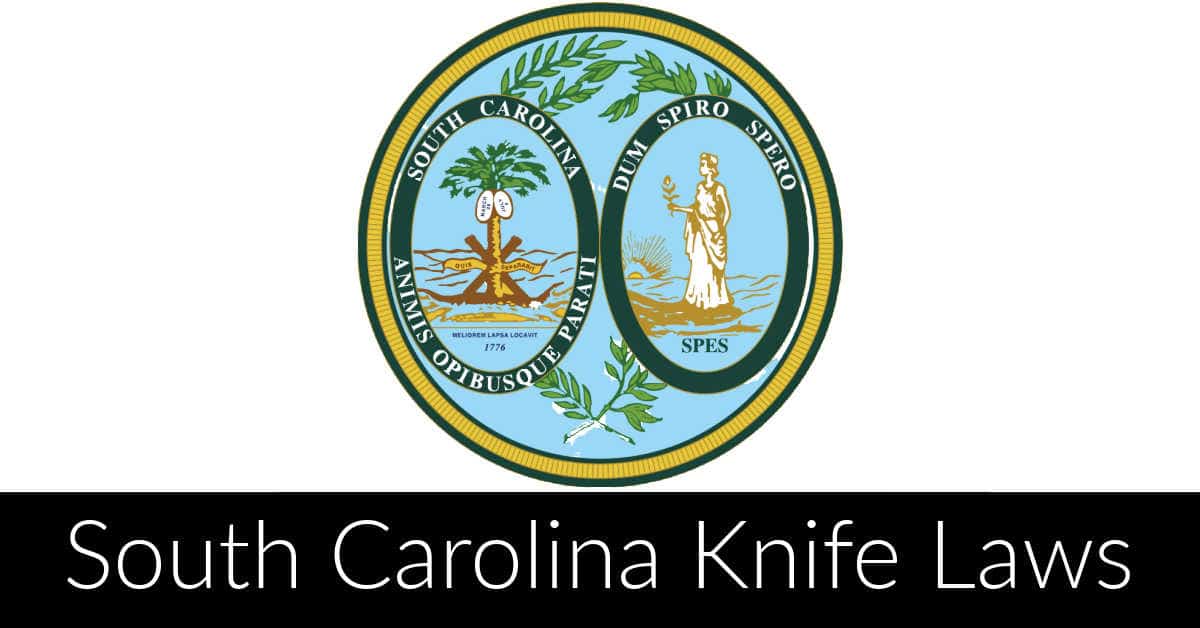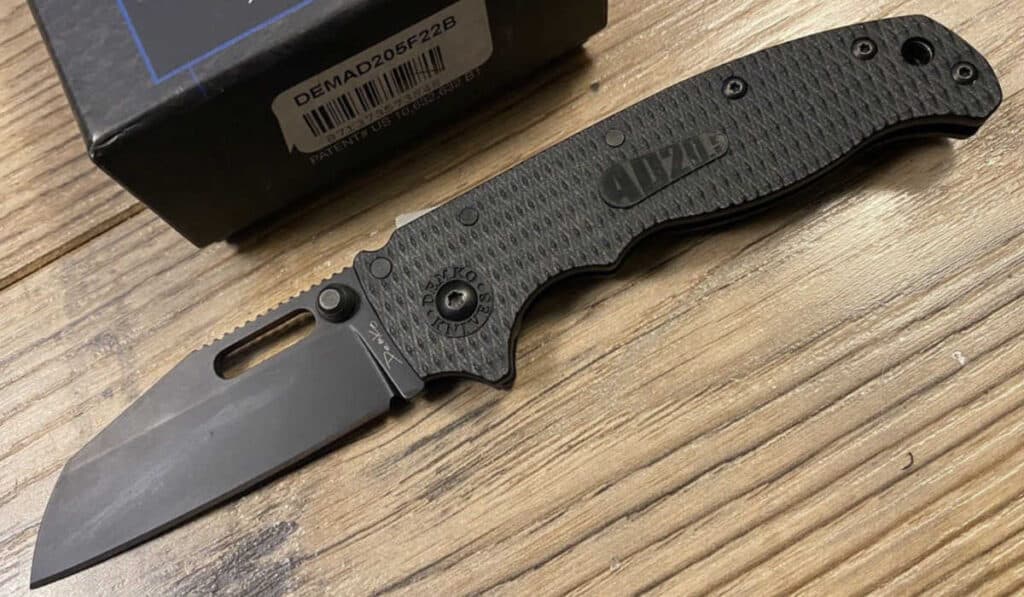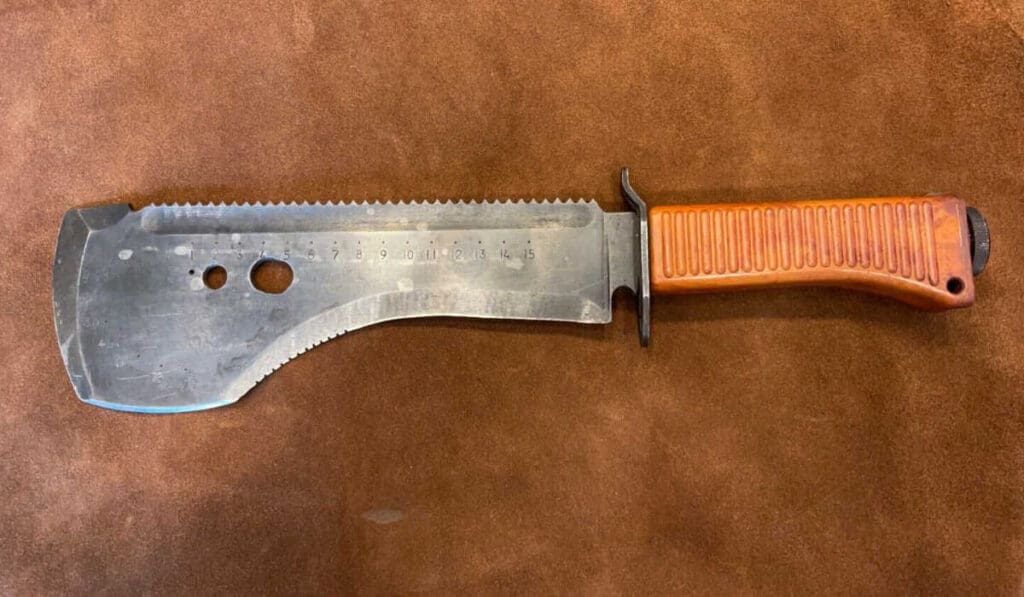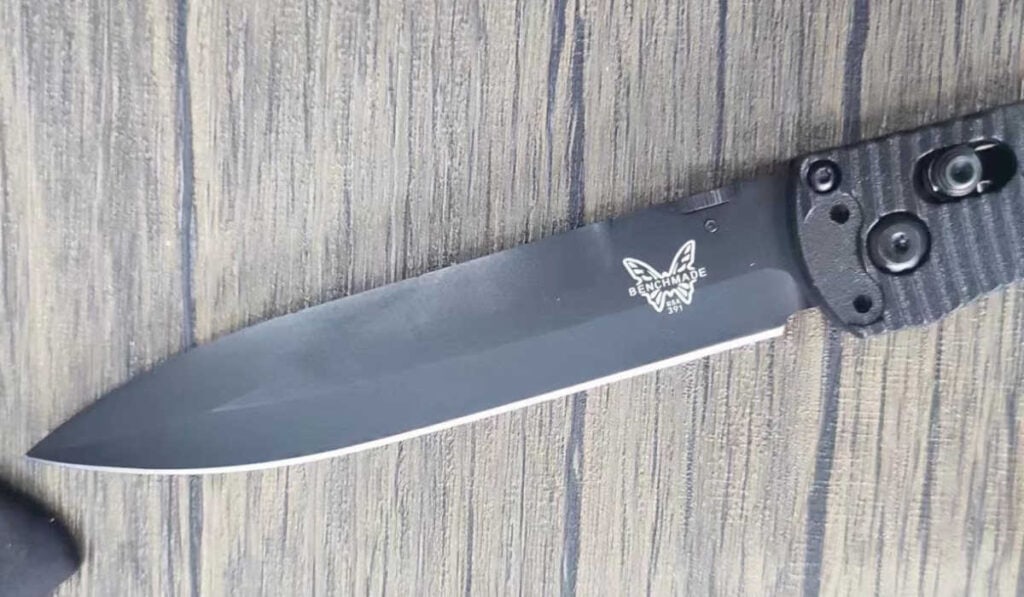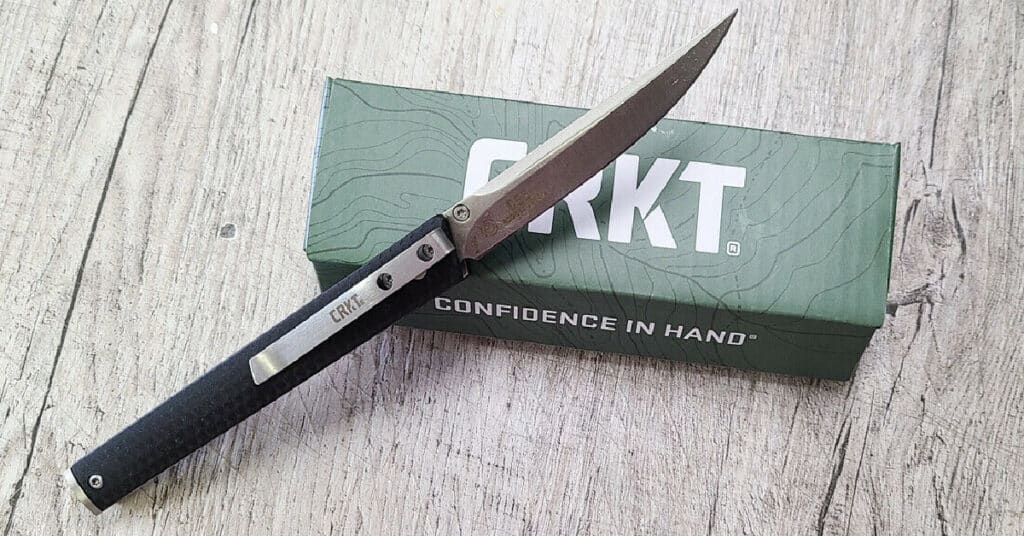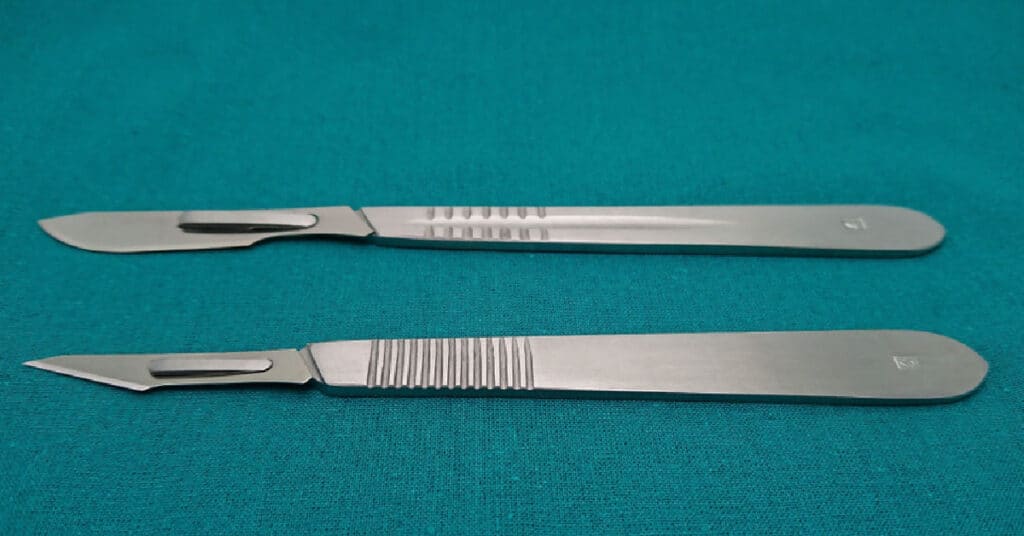Last updated on October 21st, 2023 at 08:10 pm
As an Amazon Associate I earn from qualifying purchases.
South Carolina knife law is an important topic for anyone who owns a pocket knife or plans to purchase one.
It’s important to understand the laws and regulations in place that govern the possession, use, and carrying of knives within the state.
This article will provide an overview of South Carolina Knife Laws including information on public places where it is legal to carry a knife, how minors are affected by these laws, what kind of force can be used with a knife in self-defense situations as well as penalties for violating these rules.
Additionally, we’ll cover preemption law regarding local regulation of knives along with resources available if you’d like further information about South Carolina knife law.
Our Top Rated “50-State-Legal” Knives
*These knives are listed based on their broad legality across states, but always consult your local laws before making a purchase.
Overview of South Carolina Knife Laws
South Carolina knife laws are designed to ensure the safety of both residents and visitors. There are no general restrictions on owning any type of knife in the state. However, carrying certain types of knives in public places, like schools and government buildings, could be subject to restrictions, especially if they are considered “dangerous weapons” or have blades longer than three inches.
Definition of a Knife
A knife is defined as any cutting instrument with a blade, which can be used for stabbing, slicing, or other purposes. This definition encompasses pocket knives, switchblades, butterfly knives (balisongs), gravity knives, and daggers.
Types of Knives Allowed in South Carolina
Most types of pocket knives are legal to own and carry in South Carolina without any restriction on length or type. Fixed-blade hunting/utility-style knives and daggers can also be legally owned and carried, provided they comply with certain location-based restrictions like those in schools or government buildings.
Prohibited Knives in South Carolina
South Carolina law doesn’t explicitly prohibit any specific types of knives; however, local ordinances might have some restrictions, so it’s advisable to check local regulations.
Restrictions on Carrying Knives in Public Places
South Carolina law generally permits the open carry of knives. However, carrying knives deemed as “dangerous weapons” or with blades longer than three inches might be restricted, especially in certain public places like schools and government buildings. Concealed carry is generally permitted unless the knife is used with the intent to commit a crime or in furtherance of a crime.
Possession of Knives by Minors
While South Carolina law doesn’t explicitly restrict minors’ possession of knives, federal law prohibits the sale of knives to individuals under the age of 18.
Use of Force with a Knife in Self-Defense Situations
South Carolina law adheres to a reasonable force standard, allowing individuals to use only the necessary amount of force to protect themselves or others from harm.
Penalties for Violating South Carolina Knife Laws
Violations can result in criminal penalties, including fines and jail time, particularly if a knife is used during the commission of a crime.
Preemption Law Regarding Local Regulation of Knives
Preemption law in South Carolina prevents local governments from regulating knives more stringently than the state, ensuring uniformity in knife laws across the state.
FAQs in Relation to South Carolina Knife Law
Are switchblades illegal in South Carolina?
No, switchblades are not explicitly illegal in South Carolina. However, carrying them, especially when concealed, might be subject to regulation if they are used with the intent to commit a crime or in furtherance of a crime.
Are butterfly knives illegal in South Carolina?
No, butterfly knives, also known as balisongs, are not explicitly illegal in South Carolina. Similar to switchblades, carrying them, especially when concealed, might be subject to regulation if they are used with the intent to commit a crime or in furtherance of a crime.
Are OTF knives legal in South Carolina?
OTF (Out The Front) knives are not explicitly illegal in South Carolina. However, carrying them, particularly when concealed, might be subject to regulation if they are used with the intent to commit a crime or in furtherance of a crime.
What size knife is legal to carry in South Carolina?
South Carolina law does not put a general restriction on the blade size of knives that can be carried. However, carrying knives with blades longer than three inches in certain public places like schools and government buildings might be restricted.
Are gravity knives legal in South Carolina?
Yes, gravity knives are not explicitly outlawed in South Carolina. But, as with all types of knives, carrying them, especially when concealed, might be subject to regulation if they are used with the intent to commit a crime or in furtherance of a crime.
Can I carry a sword in South Carolina?
South Carolina law doesn’t explicitly ban the carrying of swords. However, due to their length and potential classification as “dangerous weapons,” there may be regulations on where and how swords can be carried, particularly in certain public places like schools and government buildings.
Can felons carry a knife in South Carolina?
South Carolina law doesn’t specifically address whether felons can carry a knife. However, federal law does place restrictions on felons possessing weapons. If you’re a felon and considering carrying a knife, you should consult with a legal expert to understand your rights and limitations fully.
South Carolina State Knife Law References
Official Sources of South Carolina’s Knife Laws
- Legal Codes:
- 16-23-405: Definition of a weapon; confiscation and disposition of weapons used in commission or in furtherance of a crime.
- 16-23-430: Carrying weapon on school property; concealed weapons.
- 16-23-460: Carrying concealed weapons; forfeiture of weapons.
- 16-23-490: Punishment for carrying a knife during an attempt to commit a crime.
Notable Court Cases Involving Knives
| Case Title/Name | Summary |
|---|---|
| South Carolina Courthouse Knife Attack | A knife attack occurred at a courthouse in Richland County, South Carolina on March 10, 2022. |
Timeline of Major Changes in South Carolina’s Knife Laws
- 1776: George Washington issued an order for all colonists to carry a fixed-blade knife with a blade at least three inches long.
- Early 1800s: Knife-related laws were not enforced.
- 1830: South Carolina passed legislation pertaining to knife laws.
- January 4, 2021: Knife Law Preemption Bill H.3551 was introduced, adding “knives” to South Carolina’s existing firearms preemption law, which helps in preventing regulation by local jurisdictions and creates uniformity across the state concerning knife laws.
Conclusion
In conclusion, it is important to be aware of the laws surrounding knives in South Carolina. Carrying a knife in public places and possession by minors are both restricted, while the use of force with a knife in self-defense situations can have varying degrees of legal consequences depending on the situation.
Additionally, there is a preemption law that prevents local governments from creating their own regulations regarding knives. It is always best to research and understand South Carolina knife law before carrying or using any type of blade as penalties for violating these laws can be severe. For more information about South Carolina Knife Laws, please refer to the resources provided above.
Do Sheepsfoot Blades Have A Purpose? (Cuz They’re Ugly…)
Spetsnaz Machetes – Blades Of The Russian Special Forces
What Is The Actual Purpose Of A Spear Point Knife Blade?
CRKT CEO Review – Coolest, Most Worthless Knife Ever?
How Sharp Is A Scalpel? (Is It Sharper Than A Razor?)
Can You Shave With A Knife? (Yes, Here’s How)
As an Amazon Associate I earn from qualifying purchases.

